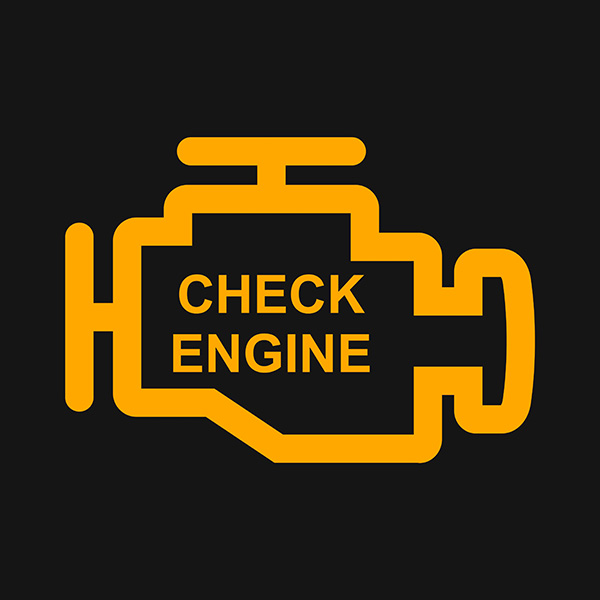
A flashing check engine light is not something to ignore. It's your vehicle's way of signaling that something is seriously amiss. But what exactly does it mean? Let's find out what a flashing check engine light signifies and what steps to take when it happens.
The Check Engine Light
The check engine light is part of your car's onboard diagnostics system (OBD). When it lights up, it indicates that the system has detected a problem with your vehicle's emissions, ignition, fuel, or exhaust systems. A steady check engine light means the issue isn't urgent but should be checked soon. However, a flashing check engine light is a different story. It indicates a severe problem that could cause significant damage if not addressed immediately.
Common Causes of a Flashing Check Engine Light
1. Misfiring Engine
One of the most common reasons for a flashing check engine light is engine misfire. When an engine misfires, one or more of the cylinders fail to ignite the fuel-air mixture properly. This can cause the engine to run roughly, reduce performance, and increase emissions. Misfires can be caused by faulty spark plugs, ignition coils, or fuel injectors.
2. Catalytic Converter Damage
A flashing check engine light could also mean your catalytic converter is in trouble. The catalytic converter helps reduce harmful emissions by converting them into less harmful substances. When it fails, not only does your car pollute more, but it can also lead to decreased fuel efficiency and performance. This damage is often a result of prolonged engine misfires.
3. Fuel System Issues
Problems within the fuel system, such as a faulty fuel injector or fuel pump, can trigger a flashing check engine light. These issues can lead to improper fuel delivery, causing the engine to run lean (too much air and not enough fuel) or rich (too much fuel and not enough air), both of which can harm the engine and emissions system.
4. Ignition System Problems
Your car's ignition system, which includes the spark plugs, ignition coils, and wiring, plays a crucial role in engine performance. Issues here can lead to engine misfires, poor performance, and increased emissions, all of which could trigger a flashing check engine light.
Immediate Steps to Take When Your Check Engine Light Flashes
When your check engine light starts flashing, it's crucial to take immediate action to prevent further damage. Here are the steps you should follow:
1. Reduce Speed and Load
Slow down and try to reduce the load on the engine. Avoid heavy acceleration, towing, or carrying heavy loads, as these can exacerbate the problem.
2. Find a Safe Place to Stop
As soon as it's safe, pull over and turn off the engine. Continuing to drive with a flashing check engine light can cause severe damage to the engine and catalytic converter.
3. Check for Obvious Issues
Once stopped, check for any obvious issues like low oil levels, loose gas cap, or any visible damage under the hood. Sometimes, the solution can be as simple as tightening the gas cap.
4. Use an OBD-II Scanner
If you have an OBD-II scanner, use it to read the diagnostic trouble codes (DTCs). These codes can give you a clue about what's wrong. However, interpreting these codes often requires professional expertise.
5. Seek Professional Help
Even if you manage to diagnose the problem, it's crucial to have a professional inspect and fix the issue. A flashing check engine light signifies a serious problem that requires expert attention.
Preventing Future Issues
To avoid the anxiety of a flashing check engine light in the future, regular maintenance is key. Here are a few tips to keep your car running smoothly:
Regular Maintenance Checks
Follow your car's maintenance schedule religiously. Regular oil changes, air filter replacements, and spark plug checks can prevent many issues that cause the check engine light to flash.
Monitor Fluid Levels
Keep an eye on your car's fluid levels, including oil, coolant, and transmission fluid. Low or dirty fluids can lead to engine problems and trigger the check engine light.
Address Minor Issues Promptly
Don't ignore minor issues like rough idling, poor fuel efficiency, or unusual noises. Addressing these early can prevent more serious problems down the line.
Use Quality Parts and Fuel
Always use high-quality replacement parts and fuel. Cheap parts and low-quality fuel can cause more harm than good, leading to frequent check engine light warnings.
Is your check engine light flashing? Visit Oswald Service and Repair for a professional inspection and get back on the road with confidence.